
The Serene Beauty of Lake Maurepas
Lake Maurepas, located in Louisiana, United States, is a hidden gem for nature lovers and adventure seekers alike. This tranquil lake is the second largest in Louisiana, covering an impressive 24,000 acres. It's connected to the larger Lake Pontchartrain by the Pass Manchac waterway, making it a significant part of the local ecosystem. The lake is a haven for bird watchers, with numerous species of birds frequenting its shores and waters. Visitors can often spot bald eagles, ospreys, and various waterfowl. The surrounding cypress swamps add to the scenic beauty, providing a picturesque backdrop for photography enthusiasts. Fishing is a popular activity at Lake Maurepas, with an abundance of fish species including bass, catfish, and bluegill. Whether you're an experienced angler or a novice, the calm waters of the lake offer a perfect spot to cast a line. The nearby towns of Maurepas and Ponchatoula provide quaint lodging and dining options, making it easy to extend your stay and explore the local culture. For those looking to immerse themselves in nature, kayaking and canoeing are excellent ways to explore the lake and its tributaries. The peaceful waters and lush surroundings create a soothing environment ideal for unwinding and connecting with nature.
Local tips in Lake Maurepas
- The best time to visit is during the spring and fall when the weather is mild and the wildlife is most active.
- Bring insect repellent, especially in the warmer months, as the area can be prone to mosquitoes.
- Local guides are available for fishing trips and bird watching tours, offering valuable insights and enhancing your experience.
- Check out the local eateries in nearby towns for authentic Louisiana cuisine, including fresh seafood and traditional Cajun dishes.
- Respect the natural habitat by following all local guidelines for wildlife protection and conservation.
The Serene Beauty of Lake Maurepas
Lake Maurepas, located in Louisiana, United States, is a hidden gem for nature lovers and adventure seekers alike. This tranquil lake is the second largest in Louisiana, covering an impressive 24,000 acres. It's connected to the larger Lake Pontchartrain by the Pass Manchac waterway, making it a significant part of the local ecosystem. The lake is a haven for bird watchers, with numerous species of birds frequenting its shores and waters. Visitors can often spot bald eagles, ospreys, and various waterfowl. The surrounding cypress swamps add to the scenic beauty, providing a picturesque backdrop for photography enthusiasts. Fishing is a popular activity at Lake Maurepas, with an abundance of fish species including bass, catfish, and bluegill. Whether you're an experienced angler or a novice, the calm waters of the lake offer a perfect spot to cast a line. The nearby towns of Maurepas and Ponchatoula provide quaint lodging and dining options, making it easy to extend your stay and explore the local culture. For those looking to immerse themselves in nature, kayaking and canoeing are excellent ways to explore the lake and its tributaries. The peaceful waters and lush surroundings create a soothing environment ideal for unwinding and connecting with nature.
When is the best time to go to Lake Maurepas?
Unmissable attractions to see
Fairview-Riverside State Park
Experience the serene beauty and outdoor adventures at Fairview-Riverside State Park in Louisiana, a perfect getaway for nature lovers and families.
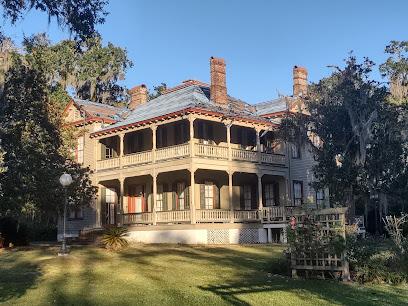
Joyce Wildlife Management Area
Experience the diverse ecosystems and abundant wildlife at Joyce Wildlife Management Area, a serene refuge in Ponchatoula, Louisiana.
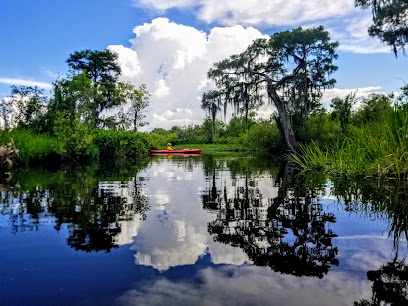
Northlake Nature Center
Explore the pristine beauty of Northlake Nature Center, a tranquil nature preserve in Mandeville, Louisiana, perfect for outdoor adventures and wildlife observation.
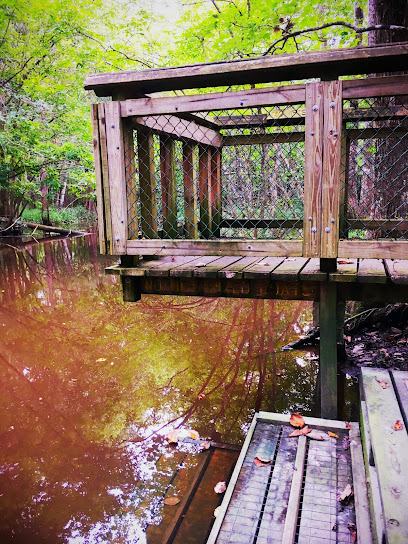
Memorial park
Explore Memorial Park in Ponchatoula, a family-friendly destination with playgrounds, picnic spots, and serene natural beauty, perfect for all ages.
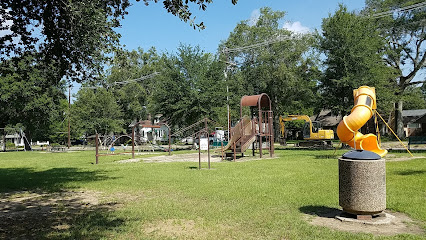
Boating Adventures - Louisiana Tours and Adventures -Tchefuncte Capt Mike
Discover the beauty of Louisiana's Tchefuncte River with unforgettable boat tours and local expertise that reveal the area's natural wonders.

Joyce Wildlife Swampwalk
Discover the serene beauty of Joyce Wildlife Swampwalk, a nature preserve in Louisiana filled with cypress trees and diverse wildlife waiting to be explored.
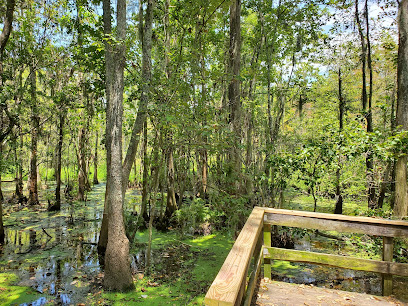
Maritime Museum Louisiana
Explore Louisiana's maritime history at the Maritime Museum in Madisonville, where engaging exhibits and scenic river views await.
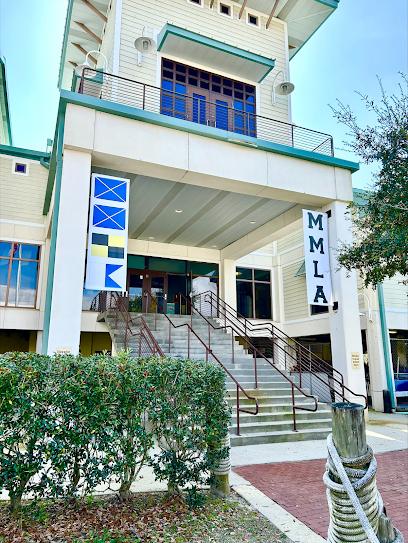
Louisiana Treasures Museum
Explore the Louisiana Treasures Museum in Ponchatoula, where local history and culture come alive through captivating exhibits and artifacts.
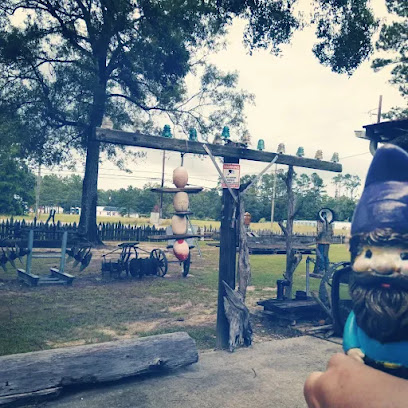
Otis House
Explore the Otis House Museum in Madisonville, Louisiana, for a unique journey through local history and stunning architecture.

Collinswood Museum
Discover the rich history and vibrant culture of Ponchatoula at Collinswood Museum, a charming destination for all history enthusiasts in Louisiana.
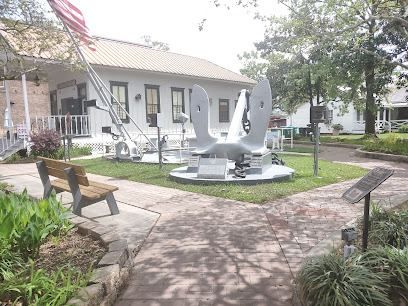
Essential places to dine
Rips On the Lake
Experience exquisite seafood dining with stunning lakeside views at Rips On the Lake in Mandeville.
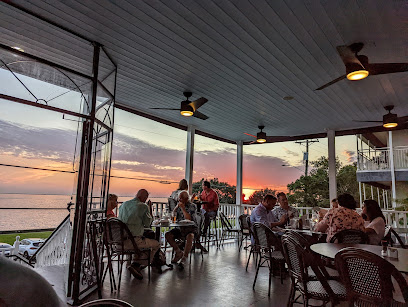
Waffle House
Experience Southern comfort at Waffle House in Ponchatoula—your go-to spot for all-day breakfast favorites.
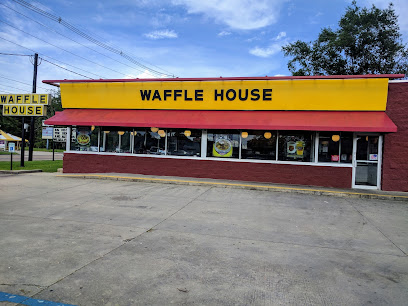
Subway
Enjoy fresh and customizable sandwiches at Subway in Robert, Louisiana – perfect for travelers seeking quick and tasty meals.
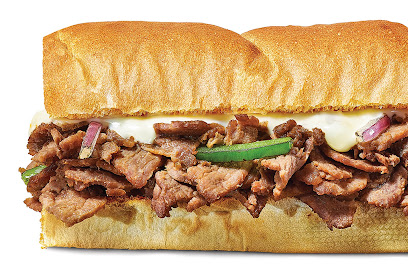
Markets, malls and hidden boutiques
Riverwalk Outlets
Explore Riverwalk Outlets in New Orleans for shopping, dining, and stunning river views, blending iconic brands with local flavors.
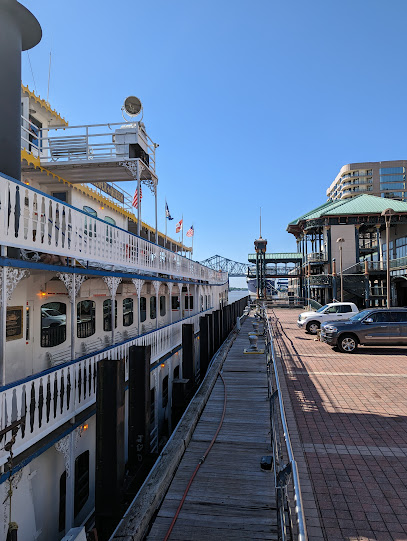
Maurepas Swamp Wildlife Management Area
Explore the breathtaking Maurepas Swamp Wildlife Management Area in Louisiana, a haven for wildlife and nature enthusiasts seeking adventure and tranquility.
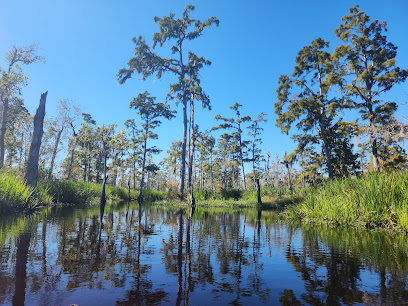
Rouses Market
Explore Rouses Market in Ponchatoula - your gateway to fresh produce, local delicacies, and the heart of Louisiana's culinary culture.
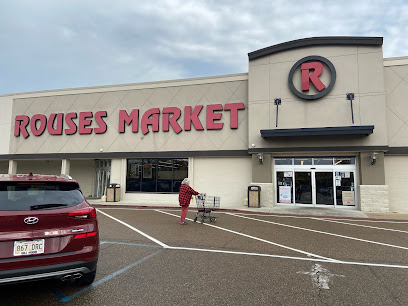
Premier Centre
Explore the Premier Centre in Mandeville, LA – a vibrant shopping mall with diverse stores, delicious dining, and a community spirit.
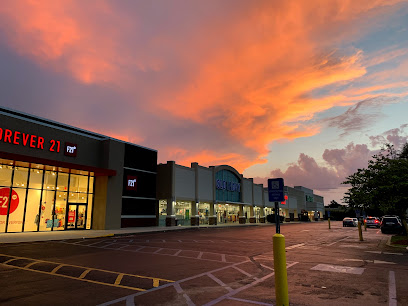
C J's Antiques & Collectibles
Explore C J's Antiques & Collectibles in Ponchatoula, Louisiana, where vintage charm meets unique finds for every treasure hunter.
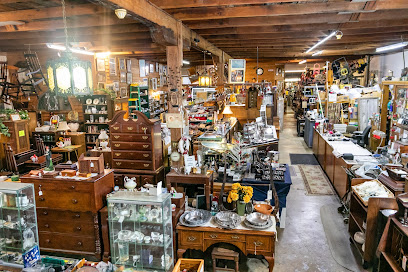
Ponchatoula Country Market
Explore the Ponchatoula Country Market, a charming gift shop offering unique local crafts, delicious foods, and authentic Louisiana souvenirs.
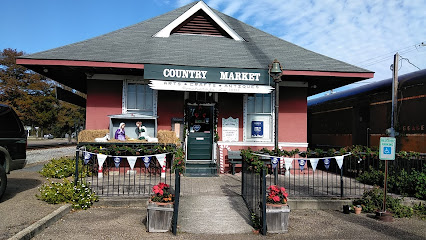
Susan's General Store
Explore the unique gifts and local treasures at Susan's General Store, a charming shop in Hammond, Louisiana that captures the essence of the region.
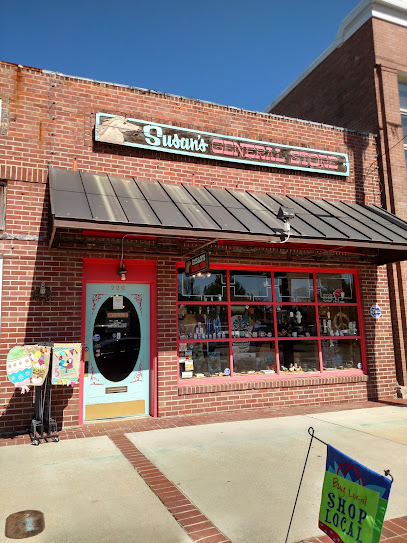
The Hangout Maurepas
Experience the vibrant nightlife and local culture at The Hangout Maurepas, a lively bar offering craft beers and live music in Louisiana.
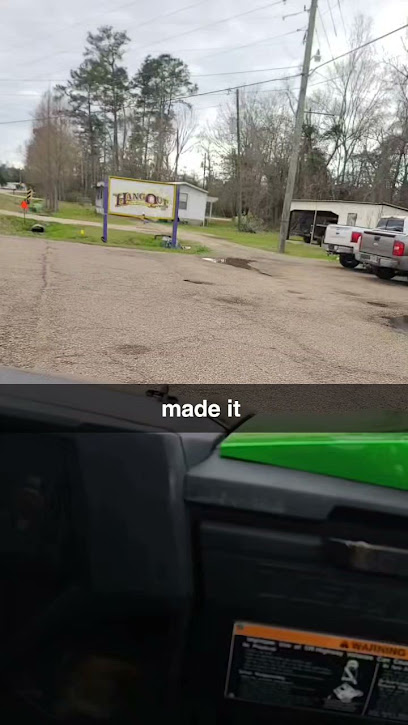
Options Fabulous Finds
Explore a treasure trove of unique vintage finds at Options Fabulous Finds in Ponchatoula, Louisiana, where spectacular deals await every shopper.
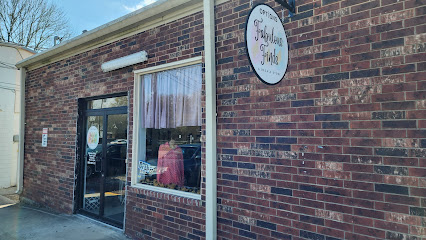
David Lee's Boutique
Explore David Lee's Boutique for a unique shopping experience blending style, quality, and personalized service in a charming atmosphere.

Ms. Madi Mulberry's Thrift Shop & Neighborhood Market
Explore a treasure trove of vintage finds at Ms. Madi Mulberry's Thrift Shop & Neighborhood Market in Hammond, Louisiana.
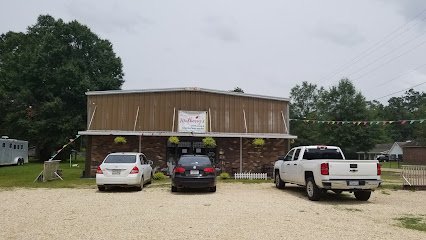
Black Lake Club Bait & Tackle
Experience fishing bliss at Black Lake Club Bait & Tackle, your gateway to Louisiana's beautiful lakes and expert fishing advice.
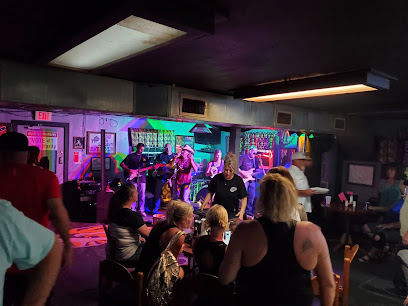
Heavenly Gifts
Discover unique gifts and heartfelt treasures at Heavenly Gifts in Ponchatoula, Louisiana, your go-to shop for personalized items and Christian literature.
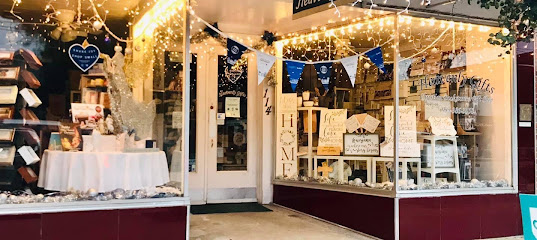
Toula Berry Treats & Gifts
Indulge in delightful treats and unique gifts at Toula Berry Treats & Gifts, a must-visit gem in Ponchatoula, LA.
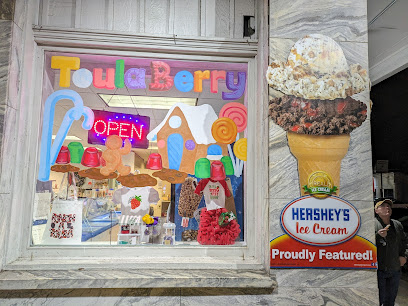
Sanctuary Home & Gifts
Discover unique treasures and local artisan gifts at Sanctuary Home & Gifts in Baton Rouge, a perfect stop for souvenirs and thoughtful presents.
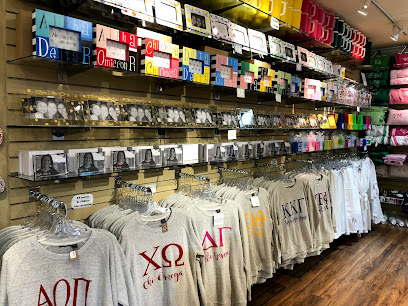
Essential bars & hidden hideouts
Middendorf's Manchac
Indulge in the freshest seafood at Middendorf's Manchac, where Louisiana's culinary traditions come to life in a scenic setting.
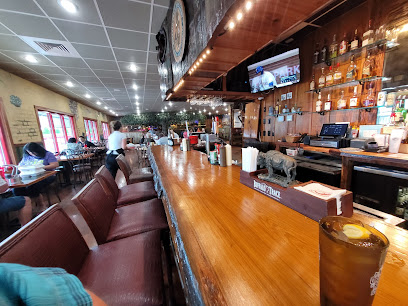
Frenier Landing Restaurant and Oyster Bar
Discover the best of Louisiana seafood at Frenier Landing Restaurant and Oyster Bar, where fresh flavors meet warm hospitality.
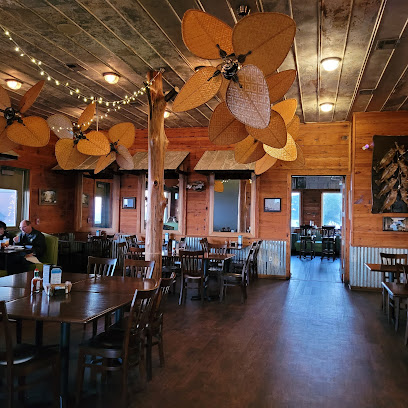
Sarita's Grill & Cantina
Discover authentic Mexican flavors and warm hospitality at Sarita's Grill & Cantina in Maurepas, Louisiana - a must-visit for food lovers.
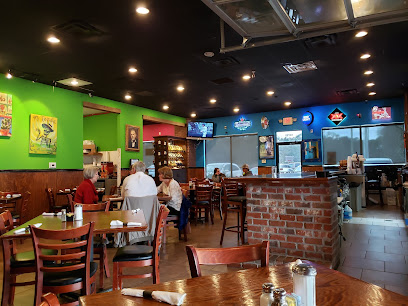
Hill Top Inn
Experience the best of Louisiana seafood at Hill Top Inn, where fresh flavors and warm hospitality come together to create unforgettable dining moments.
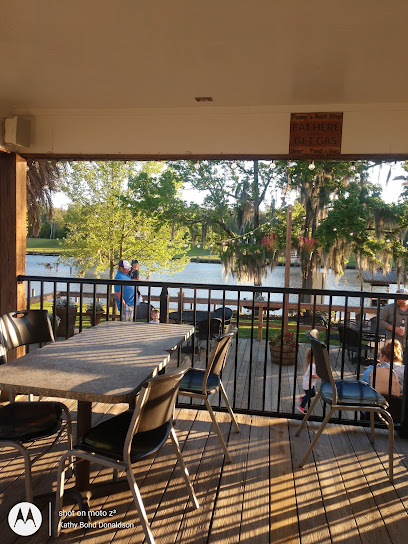
Boopalu's Bar and Grill
Discover the vibrant flavors of Boopalu's Bar and Grill in Springfield, Louisiana - an inviting spot for grilled delights and local brews.
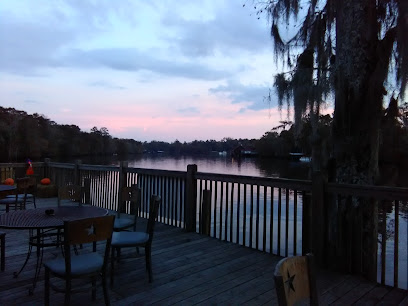
Mule's Hitch
Discover Mule's Hitch - a lively bar in Ponchatoula, Louisiana, where great drinks, karaoke nights, and a fun atmosphere await.
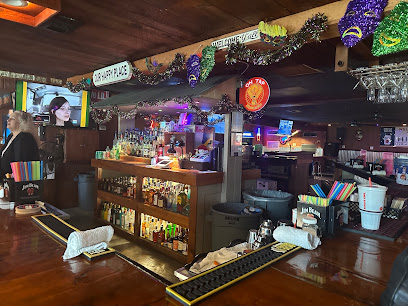
Gator's Den
Experience Southern hospitality at Gator's Den, a vibrant bar and tourist center in Akers, Louisiana, perfect for drinks and local insights.
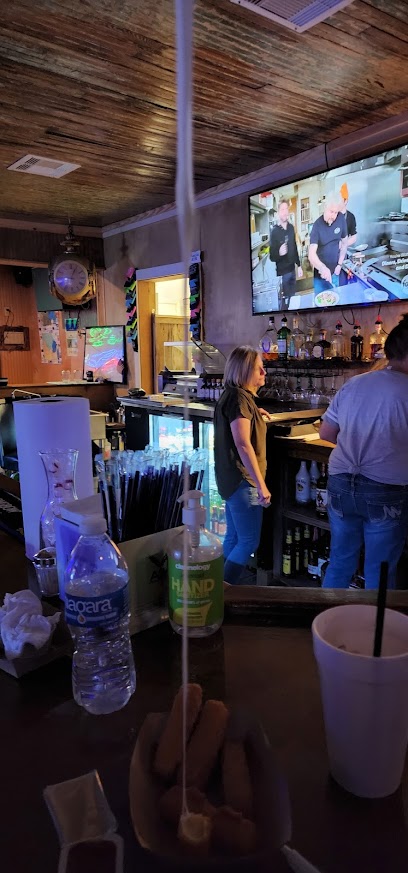
Red's Restaurant and Bar
Experience the best seafood in Louisiana at Red's Restaurant and Bar, where every dish tells a story of the Gulf Coast's rich culinary heritage.
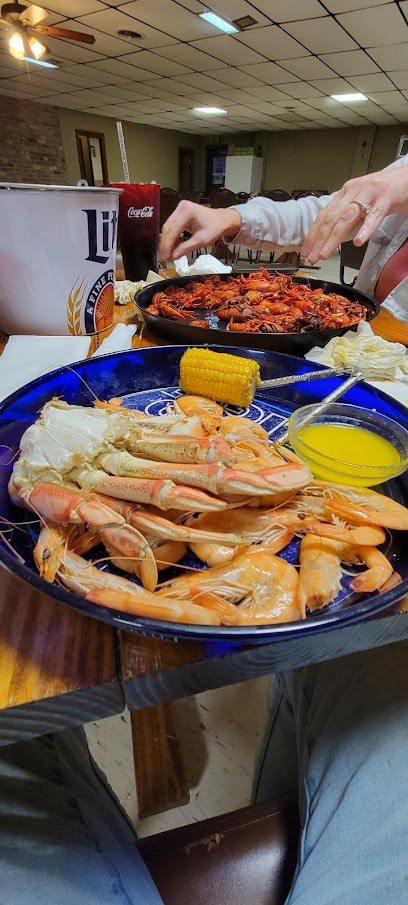
Stray Cats
Discover the vibrant nightlife at Stray Cats in Ponchatoula, where delicious drinks and a lively atmosphere await you.
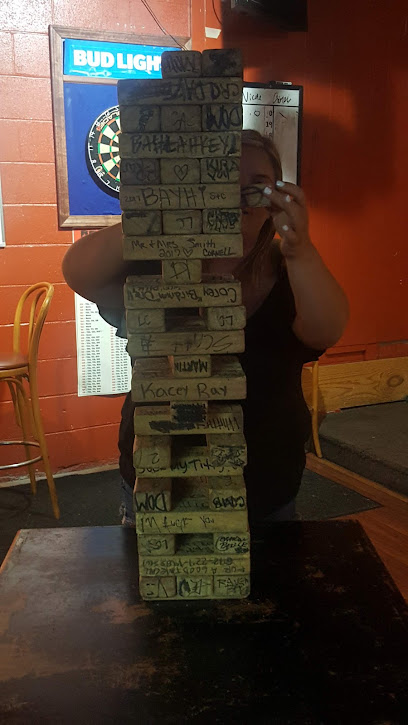
Ditch Bar
Experience the vibrant nightlife at Ditch Bar in Springfield, Louisiana—a welcoming space for fun, drinks, and local culture.
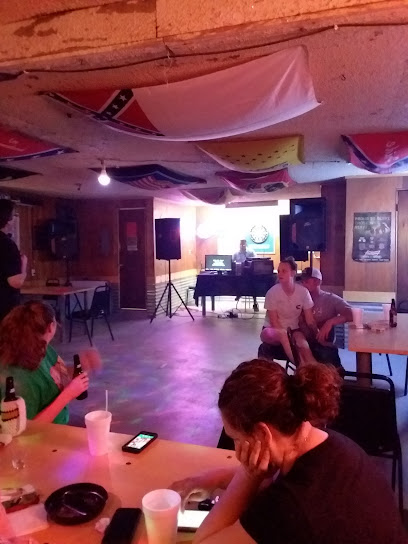
The Hangout Maurepas
Experience the vibrant nightlife at The Hangout Maurepas, a lively bar and beer store in Louisiana, perfect for socializing and enjoying great drinks.
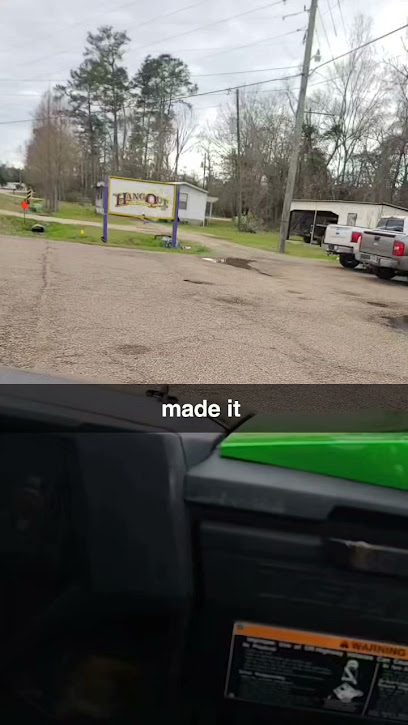
Sun Buns Bar and Grill
Experience authentic Southern cuisine and vibrant atmosphere at Sun Buns Bar and Grill in Akers, Louisiana, your go-to spot for comfort food and fun.
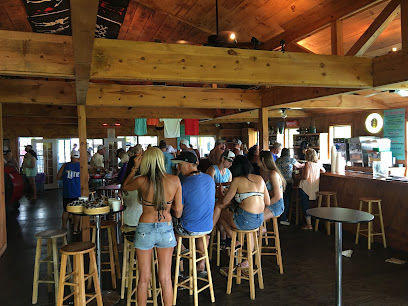
Prop Stop
Discover the lively atmosphere and refreshing drinks at Prop Stop, a must-visit bar in Ponchatoula, Louisiana, perfect for unwinding after a day of exploration.
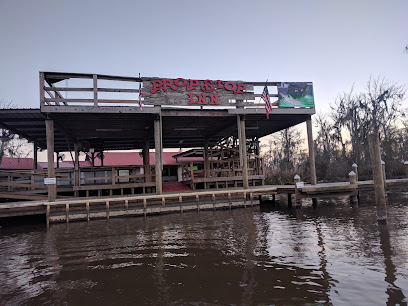
Midway Tavern
Discover the vibrant atmosphere of Midway Tavern in Ponchatoula, Louisiana – a local bar famous for its friendly vibe and delicious drinks.
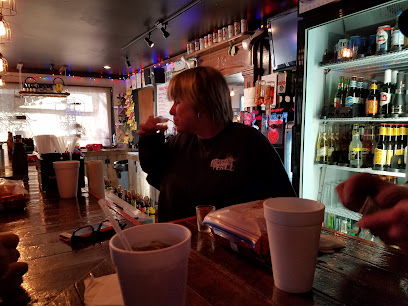
Local Phrases about Lake Maurepas
-
- HelloBonjour
[bon-zhoor] - GoodbyeAu revoir
[oh ruh-vwar] - YesOui
[wee] - NoNon
[nohn] - Please/You're welcomeS'il vous plaît
[seel voo pleh] - Thank youMerci
[mehr-see] - Excuse me/SorryPardon
[par-dohn] - How are you?Comment ça va?
[kuh-mohn sah vah] - Fine. And you?Bien. Et toi?
[byen. ay twah] - Do you speak English?Parlez-vous anglais?
[par-lay voo ahn-glay] - I don't understandJe ne comprends pas
[zhe nuh kohm-prahn pah]
- HelloBonjour
-
- I'd like to see the menu, pleaseJe voudrais voir le menu, s'il vous plaît
[zhe voo-dray vwar luh muh-noo, seel voo pleh] - I don't eat meatJe ne mange pas de viande
[zhe nuh mahnzh pah duh vee-and] - Cheers!Santé!
[sahn-tay] - I would like to pay, pleaseJe voudrais payer, s'il vous plaît
[zhe voo-dray pay-ay, seel voo pleh]
- I'd like to see the menu, pleaseJe voudrais voir le menu, s'il vous plaît
-
- Help!Au secours!
[oh suh-koor] - Go away!Allez-vous en!
[ah-lay vooz ahn] - Call the Police!Appelez la Police!
[ah-play lah poh-lees] - Call a doctor!Appelez un médecin!
[ah-play uhn may-duh-sahn] - I'm lostJe suis perdu
[zhe swee pair-doo] - I'm illJe suis malade
[zhe swee mah-lahd]
- Help!Au secours!
-
- I'd like to buy...Je voudrais acheter...
[zhe voo-dray ah-shuh-tay] - I'm just lookingJe regarde juste
[zhe ruh-gard zhust] - How much is it?Combien ça coûte?
[kohm-byen sah koot] - That's too expensiveC'est trop cher
[say troh shair] - Can you lower the price?Pouvez-vous baisser le prix?
[poo-veh voo bay-say luh pree]
- I'd like to buy...Je voudrais acheter...
-
- What time is it?Quelle heure est-il?
[kell err ay eel] - It's one o'clockIl est une heure
[eel ay oon err] - Half past (10)Dix et demi
[dees ay dem-ee] - MorningMatin
[mah-tan] - AfternoonAprès-midi
[ah-pray mee-dee] - EveningSoir
[swah] - YesterdayHier
[yair] - TodayAujourd'hui
[oh-zhoor-dwee] - TomorrowDemain
[duh-man] - 1Un
[uhn] - 2Deux
[duh] - 3Trois
[twah] - 4Quatre
[kat] - 5Cinq
[sank] - 6Six
[sees] - 7Sept
[sett] - 8Huit
[wheet] - 9Neuf
[nuhf] - 10Dix
[dees]
- What time is it?Quelle heure est-il?
-
- Where's a/the...?Où est...?
[oo ay] - What's the address?Quelle est l'adresse?
[kell ay lahd-rehs] - Can you show me (on the map)?Pouvez-vous me montrer (sur la carte)?
[poo-veh voo muh mohn-tray (soor lah kart)] - When's the next (bus)?Quand est le prochain (bus)?
[kahn ay luh proh-shahn (bus)] - A ticket (to ....)Un billet (pour ....)
[uhn bee-yay (poor)]
- Where's a/the...?Où est...?
History of Lake Maurepas
-
Lake Maurepas was named in the early 18th century by French explorers in honor of Jean-Frédéric Phélypeaux, Count of Maurepas, who was a French statesman and the Secretary of the Navy. The name signifies the strong French influence in the region during the colonial era.
-
Before European exploration, the area around Lake Maurepas was inhabited by various Native American tribes, including the Houma and the Choctaw. These tribes utilized the lake for fishing and transportation, and their cultural legacy still influences the region today.
-
In the late 17th and early 18th centuries, French colonists established settlements around Lake Maurepas as part of the larger territory of Louisiana. These early settlers engaged in trade, agriculture, and built strongholds to protect their new territory from other European powers.
-
The Great Mississippi Flood of 1927 had a significant impact on the Lake Maurepas region. The catastrophic event resulted in widespread flooding, causing immense damage to the surrounding settlements and farmlands. It led to major changes in flood control policies and infrastructure in the area.
-
In recent decades, efforts have been made to conserve the natural beauty and ecological significance of Lake Maurepas. Various environmental initiatives have been implemented to protect the lake's diverse wildlife, including fish, birds, and plant species, thereby ensuring it remains a natural treasure for future generations.
-
The communities around Lake Maurepas celebrate their rich cultural heritage through various festivals and traditions. Events such as the Maurepas Swamp Festival highlight local music, cuisine, and crafts, providing a vibrant display of the area's unique cultural tapestry.
Lake Maurepas Essentials
-
Lake Maurepas is situated in southeastern Louisiana, United States. The nearest major city is New Orleans, approximately 50 miles to the southeast. The closest airport is Louis Armstrong New Orleans International Airport (MSY). From the airport, you can rent a car or arrange for a taxi or shuttle service to take you to the lake. The drive typically takes about an hour and a half via I-10 West and I-55 North. Public transportation options are limited, so renting a car is highly recommended.
-
To explore Lake Maurepas and its surroundings, a car is essential. The area is not well-served by public transportation, and many attractions are spread out. Rental cars are available at Louis Armstrong New Orleans International Airport and in nearby towns. For local excursions, consider renting a boat to explore the lake itself. Local marinas offer boat rentals and guided tours. Biking is also an option for getting around the lake's periphery.
-
The official currency is the United States Dollar (USD). Most businesses in the area accept credit and debit cards, but it is advisable to carry some cash for small purchases or in case you visit rural areas where card payment may not be accepted. ATMs are available in nearby towns such as Ponchatoula and Hammond. Tipping is customary in restaurants, typically around 15-20% of the bill.
-
Lake Maurepas is generally safe for tourists, but it is always wise to take standard precautions. Avoid isolated areas, especially at night. Be cautious of wildlife, such as alligators and snakes, when boating or hiking. Crime rates targeting tourists are low, but it's always best to stay vigilant and aware of your surroundings. Nearby towns like Hammond and Ponchatoula are safe but exercise caution in unfamiliar areas.
-
In case of an emergency, dial 911 for immediate assistance. The nearest hospitals are North Oaks Medical Center in Hammond and St. Tammany Parish Hospital in Covington. For minor injuries or medical issues, there are urgent care centers in nearby towns. It's recommended to have travel insurance that covers medical emergencies. Local police and fire departments are available in the surrounding areas.
-
Fashion: Do dress comfortably and in layers, as weather can be unpredictable. Don't wear overly revealing clothing when visiting rural or conservative areas. Religion: Do be respectful of local religious customs if you visit churches or religious sites. Public Transport: Do rent a car for the most convenient travel. Public transport options are limited. Greetings: Do greet people with a friendly 'Hello' or 'Hi.' Southern hospitality is prevalent, and locals are generally very friendly. Eating & Drinking: Do try local Cajun and Creole cuisine. Don't refuse offers of hospitality, as it can be considered impolite.
-
To experience Lake Maurepas like a local, consider visiting the local seafood restaurants in nearby towns, where you can savor fresh catches from the lake. Engage with locals, who are often eager to share stories and tips about the best fishing spots or hidden gems. Visit the local markets for fresh produce and homemade goods. For a unique experience, take a swamp tour to see the local wildlife up close.
Nearby Cities to Lake Maurepas
-
Things To Do in Baton Rouge
-
Things To Do in Slidell
-
Things To Do in Houma
-
Things To Do in McComb
-
Things To Do in Gulfport
-
Things To Do in Lafayette
-
Things To Do in Biloxi
-
Things To Do in Hattiesburg
-
Things To Do in Natchez
-
Things To Do in Petaluma
-
Things To Do in Vicksburg
-
Things To Do in Mobile
-
Things To Do in Fairhope
-
Things To Do in Daphne
-
Things To Do in Lake Charles








